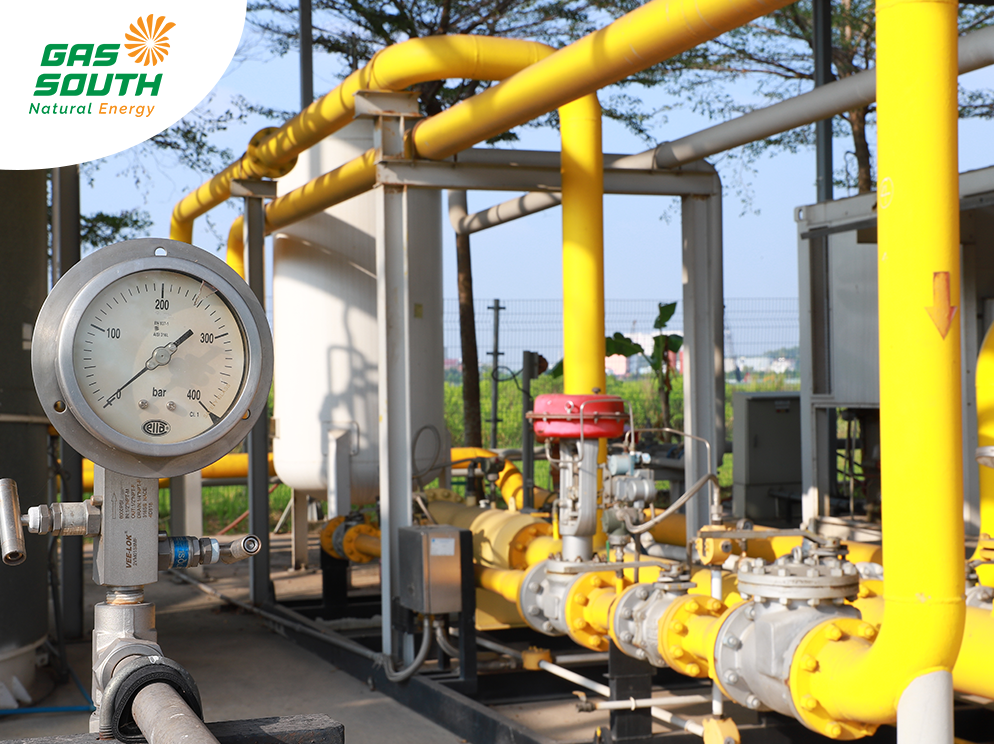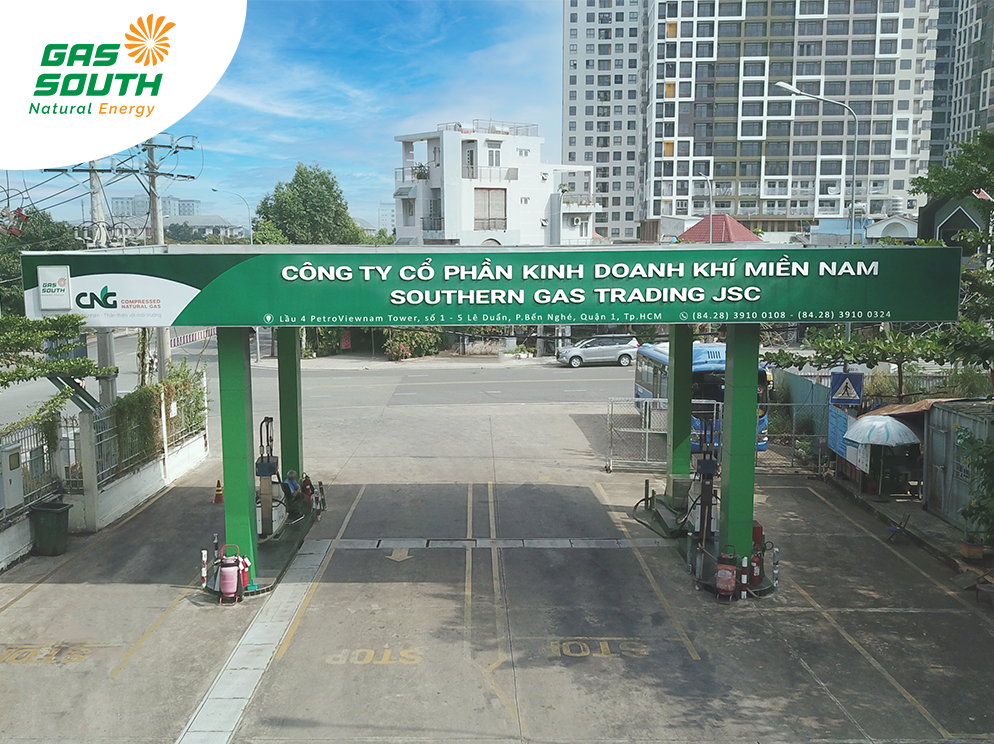Nowadays, the natural gas business is increasingly thriving due to its reputation as a safe and environmentally friendly energy source, offering economic advantages compared to traditional fuels like coal or petroleum. Below are the pros and cons of compressed natural gas (CNG) for your reference.
1. Something about Compressed Natural Gas (CNG)
Compressed natural gas (CNG) is natural gas that is compressed to a pressure of 200 – 250 barg into specialized tanks for advantageous storage and transportation costs. The main component of CNG is CH4 - methane, accounting for 85%–95% with the remaining made up of ethane, propane, and others.
In the world, CNG is widely applied in various sectors as a popular alternative to gasoline and diesel due to its superior benefits. The cost of CNG is lower than gasoline and diesel and remains stable over an extended period compared to petroleum products, thus providing economic advantages.

2. Pros and Cons of CNG
Due to its environmental friendliness and competitive pricing, CNG is widely used in many countries, particularly in Europe, Asia, South America, and others. Below are some pros and cons of compressed natural gas (CNG).
2.1. Pros of CNG
In response to global trends towards environmentally friendly energy solutions, emission reduction, and cost optimization, CNG offers numerous outstanding advantages, including:
-
Significant reduction of emissions into the environment compared to other fuels. The emission from burning CNG is less than 20% CO2, 30% NOx, and 70% SOx compared to petroleum-based fuels. CNG engines reduce hydrocarbon emissions by 50% and virtually eliminate particulate matter emissions.
-
Safety fuel: CNG is lighter than air, disperses rapidly, and does not accumulate, making it less likely to cause severe damage in case of leakage compared to gasoline or diesel. Its higher auto-ignition temperature also enhances safety. Moreover, CNG systems are designed to be closed-loop, and strict operational procedures are followed, ensuring safety against fire and explosions.
-
Extended equipment lifespan: Complete combustion of CNG leaves no fuel residues, increasing equipment efficiency, extending maintenance cycles, and prolonging the lifespan of machinery and devices.
-
Competitive pricing: CNG is relatively cheaper, with costs up to 5-30% lower than gasoline and diesel. Its stable pricing over time also provides cost savings compared to petroleum products.
-
Environmental cost savings: The use of CNG helps reduce environmental remediation costs and minimizes health hazards for workers and communities.
Read more: What is Liquefied Natural Gas (LNG) ? Is LNG clean energy?

2.2. Cons of CNG
-
Difficult to detect leaks: Detecting leaks in CNG is challenging due to its odorless nature..
-
The limited number of CNG stations: The widespread use of CNG as a substitute for gasoline and diesel in the transportation sector in Vietnam is not yet popular due to the limited number of CNG stations. The process of land clearance and handover for construction investment is slow, which makes it inconvenient for refueling.


